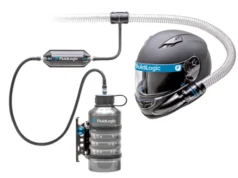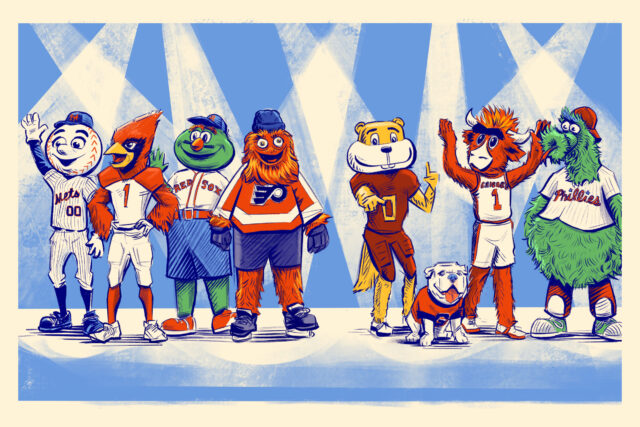
Mascots are a major part of a sports team’s identity and branding, and fans have been historically territorial about their favorite team’s mascot. While it may not define the team itself, the mascot provides recognizability and can be a point of nostalgia for people who hold their favorite team close to their heart throughout their life. The Miami Dolphins, Minnesota Vikings, and the Philadelphia Flyers are just three examples of sports teams whose mascots have become synonymous with their brand and team, and likely are connected to fans’ perceptions of the teams they cherish.
Unbeknownst to many (this writer included), there are a number of sports teams that don’t actually have a mascot—twelve, to be exact. OLBG wanted to explore how fans might react to AI-generated mascots, so they prompted GPT-3—an AI text generator created by OpenAI—to generate mascot descriptions for every team in the NFL, NBA, MLB, and NHL that doesn’t have a mascot.
From there, they created visual representations based on the descriptions generated by the AI, and surveyed hundreds of sports fans to have them weigh in on each mascot.
1. The NFL
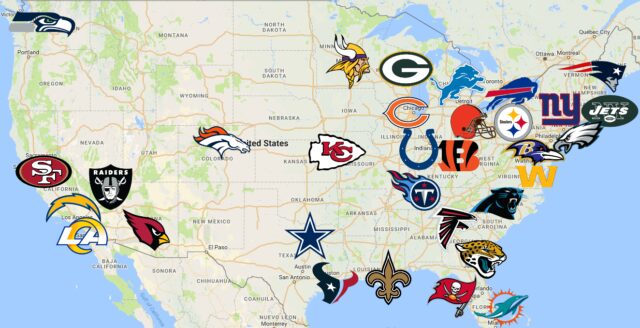
There are four NFL teams that currently don’t have mascots—the New York Giants, the Washington Football Team, the Green Bay Packers, and the New York Jets. On a scale of one to 10, overall approval ratings in order of first to last were Washington (5.4), New York Giants (5.3), Green Bay (4.8), and New York Jets (4.4).
Out of a score of 100, when it comes to how well the mascots represented each team, the Washington mascot (a weasel-looking creature) scored the highest with a 54.2. New York’s buff football player mascot came in second with 53.5, followed by the Green Bay Packers’ mogwai with a 42.7, and the New York Jets’ mythical creature with a score of 39.5.
Did NFL fans think that each mascot looked realistic? On that scale, out of 100, Washington scored a 48.8, the Giants scored a 52.9, Green Bay scored a 41.4, and the Jets scored a 34.1—putting the Giants in first place.
2. The NBA
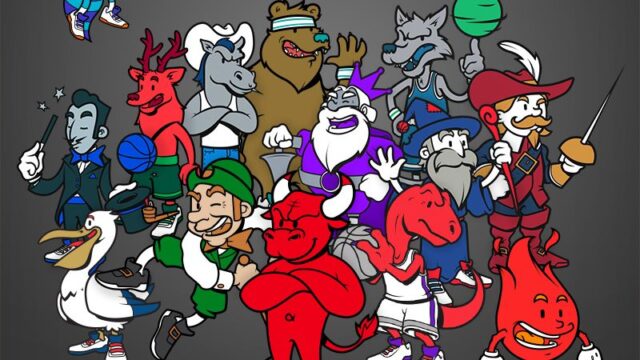
Out of the 30 teams in the NBA, four don’t have mascots: the Golden State Warriors, the Los Angeles Lakers, the Brooklyn Nets, and the New York Knicks. The AI wrote a description for each of these teams, which include a warrior/knight character for the Warriors, a punk rock-looking basketball with bulky arms holding a bat for the Brooklyn Nets, a jester for the L.A. Lakers, and a monkey in a banana costume for the New York Nets.
The Warriors got the best overall approval rating (6.4), scored a 72.8 for representation, and a 53.1 on the reality scale. The Nets came in second in approval ratings (5.0) and scored a 47.7 for representation and 44.9 for realism. Right behind was the Lakers, scoring a 4.9 approval rating, 38.3 representation score, and a 52.3 on the reality meter. The New York Knicks tied with the Lakers when it comes to overall fan approval (4.6), and also scored a 41.5 for representation and a 41.3 on the reality scale.
3. The MLB
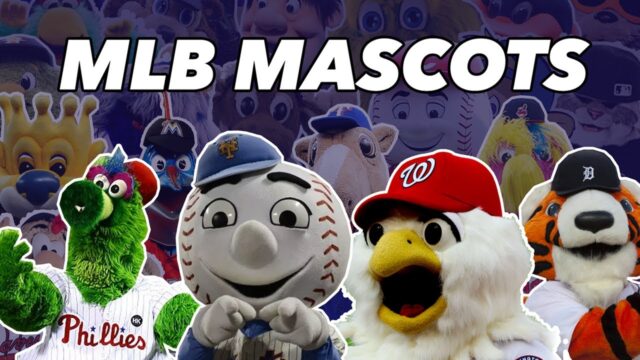
Just three Major League Baseball teams don’t have mascots, and they happen to be three of the most recognizable brands in the league: the New York Yankees, the Los Angeles Angels, and the Los Angeles Dodgers. The mascots for these teams are particularly interesting: the AI generated a red-haired strong man throwing a pitch to represent the Angels, a blue man in a striped blue uniform for the Yankees, and a banana with a muscular body and scales on its arms for the Dodgers.
When it comes to overall fan approval, the ranking from first to last was the Angels (6.0), the Yankees (5.8), and the Dodgers (3.9). The Angels scored the best by far on the reality meter, with a notably high rating of 70.5. The Yankees scored a 56.5 when it comes to realism, and the Dodgers scored a 31.1. On the representation meter, fans felt that the Yankees mascot best represented the team (61.3 out of 100), followed by the Angels (57.7), and then the Dodgers (33.7).
4. The NHL
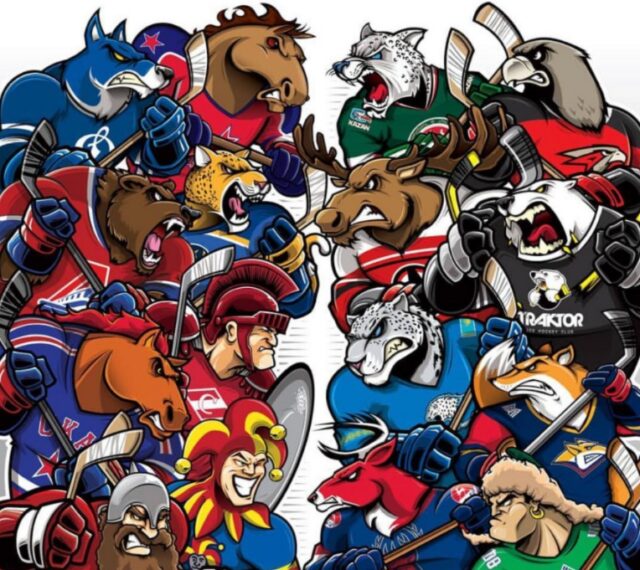
Just one team, the Seattle Kraken, is without a mascot in the NHL. Overall, it scored fairly well—with the approval rating being a 6.0, the representation score being a 61.7, and the reality score being a 54.4. Apparently, fans found it a better representation of the team than a realistic one, as was the case for some of the other AI-generated mascots in other sports.
The Future for Mascots
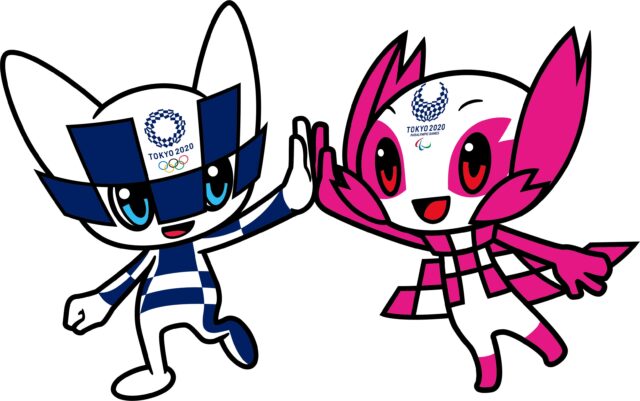
Whether these teams will ultimately have mascots in the future is unknown, but it’s clear that fans favor realism overall based on the scores given throughout each sport. The best example of this is the Los Angeles Dodgers mascot, which didn’t fare well with fans when it came to how realistic it is or how much it represented the team. Mascots that were more realistic seemed to score better overall, as evidenced by the realism and representation scores for teams like the New York Giants and the Los Angeles Angels.
Mascots are an important part of sports culture, but it’s clear that fans want their mascots to represent their team in the most realistic way possible. The more outlandish and imaginative mascots certainly tended not to work as well as the ones that were more understated and put more emphasis on team colors and personality.
Of course, not every team needs a mascot. The New York Yankees have proven that you can create a massively successful brand without a character attempting to embody the aesthetic and brand of the team. The idea of mascot-less teams having mascots, though, is one that would require collective approval and a focus on elements that best represent the spirit of not only the players but also the fans—regardless of whether an AI generates them or not.


